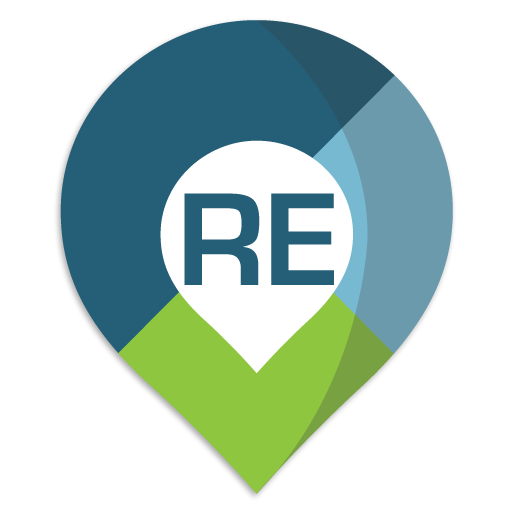Employer Branding and HR Marketing: 3 Important Things Small Businesses Should Know
SADC et CAE Expert advice
In today’s labour shortage, small businesses are making greater efforts to recruit, often unsuccessfully. Employer branding and HR marketing are therefore a priority in developing their market attractiveness, now, more than ever.
Given their current position of strength, candidates are now the ones who shop around for the company that best suits their needs, expectations and values. Companies of all types and sizes are turning to employer branding as a tailor-made solution to these challenges. Building a strong employer brand not only attracts the right profile of candidates, but also improves the level of engagement of current employees and helps in their retainment.
While the concepts of employer branding and HR marketing are more prevalent than ever, implementing these strategies may not be easy for many small businesses in the region. Here are 3 things you need to know to convince yourself to get started!
1. What is an Employer Brand?
The employer brand is the set of elements that make up the image that the company conveys to its current and future employees. It includes the company’s identity (DNA, mission, vision, values), its reputation among its employees (internal image) and the promise made to future employees (external image).
Once you have defined your strategy, your employer brand becomes the common thread for presenting yourself in a consistent manner to enhance your image and engage your community, especially on the Web and social media.
If you’re one of the many companies that are feeling the labour shortage, defining and communicating your employer brand are an integral part of an effective HR marketing strategy.
2. How do you Define your Employer Brand?
As mentioned above, defining your employer brand is the foundation of a successful HR marketing strategy. Why? Because it reveals your company’s culture, values and actions. By revealing your company’s culture, values and actions, you will distinguish yourself from your competitors in the eyes of the talent you are seeking.
In order to identify your employer brand, ask yourself the following questions:
- What words do your employees use when talking about your company
- What makes them happy when they’re at work?
- Why have your employees chosen your company over another?
- What makes an employee decide to stay with your team over a long period of time?
- What sets you apart in terms of human resources? What benefits do you offer (vacation, training, work environment, diversity policy, etc.)?
- Is your company involved in your community?
- What are the values that drive you to offer more to your employees and your community?
Once well established, your employer brand will be much easier to promote.
3. Where do you Start to Build your Employer Brand?
Why focusing on HR marketing and employer brand outreach is a strategy that small businesses can take on is that it consists mostly of online content and social media. While the “career” section of your website will be the place to convey the “static” key messages of your employer brand, your social media channels will allow you to give life to your brand on a daily basis with posts related to:
- The company’s culture (the company’s values, the actions and activities that stem from them, the work environment, the tone, the team members).
- Company news (awards, distinctions, new contracts, new employees, retirements)
- Employee recognition (individual achievements, work anniversaries, the impact of team members)
- News external to the company but related to your activities (Earth Day, Volunteer Week, World Mental Health Day, etc.)
In addition to being free, social media allow you to reach a large pool of people and to broadcast more “personal” content, i.e. content that reveals the people behind the company.
Short on time and social media are not part of your expertise? Don’t hesitate to contact your local SADC or CAE! Their advisors will guide you to the appropriate resources.

Ready, set, go!
Your local SADC and CAE advisors are here to help you go further.